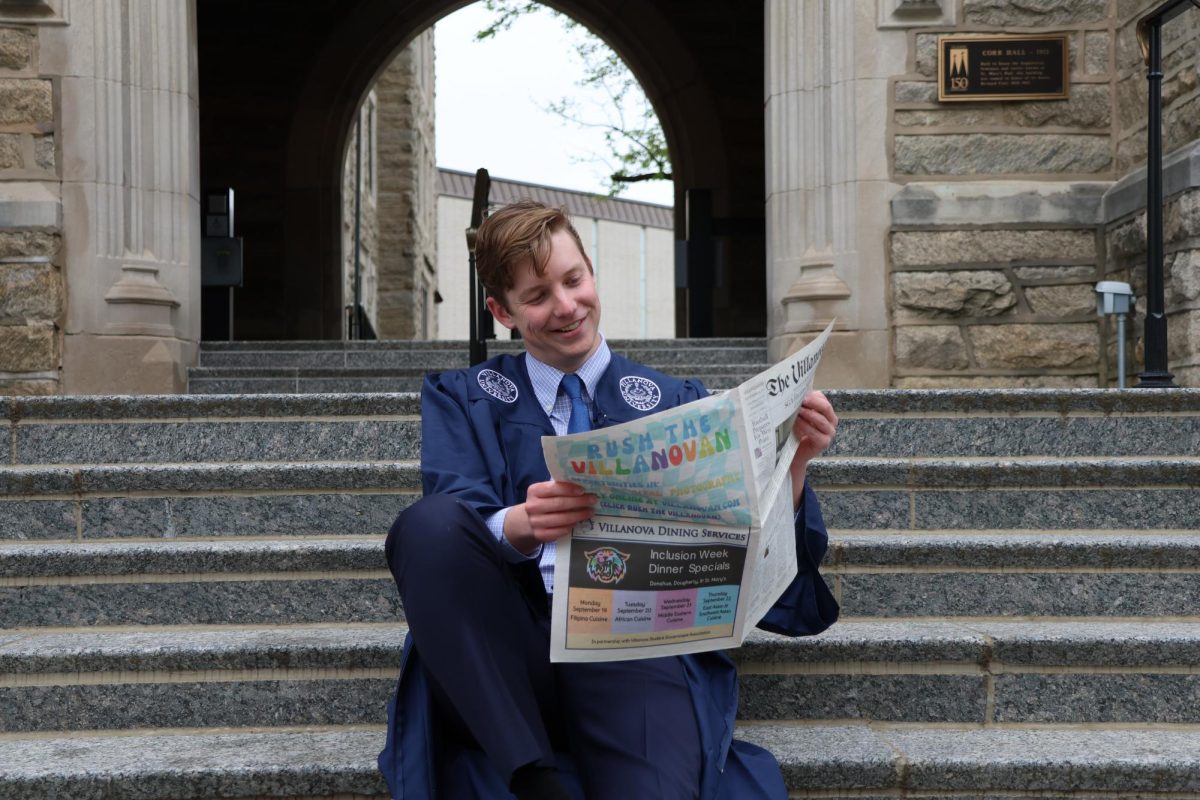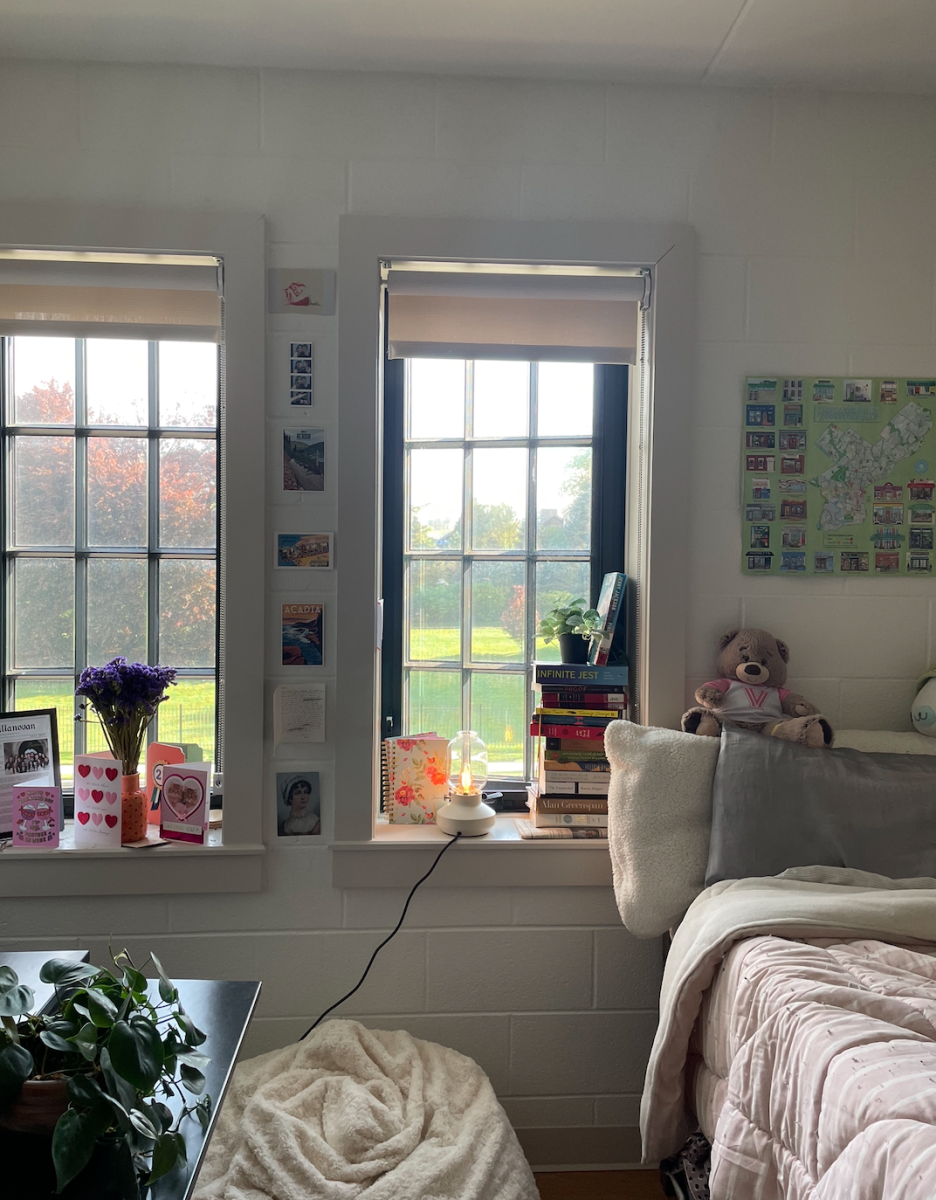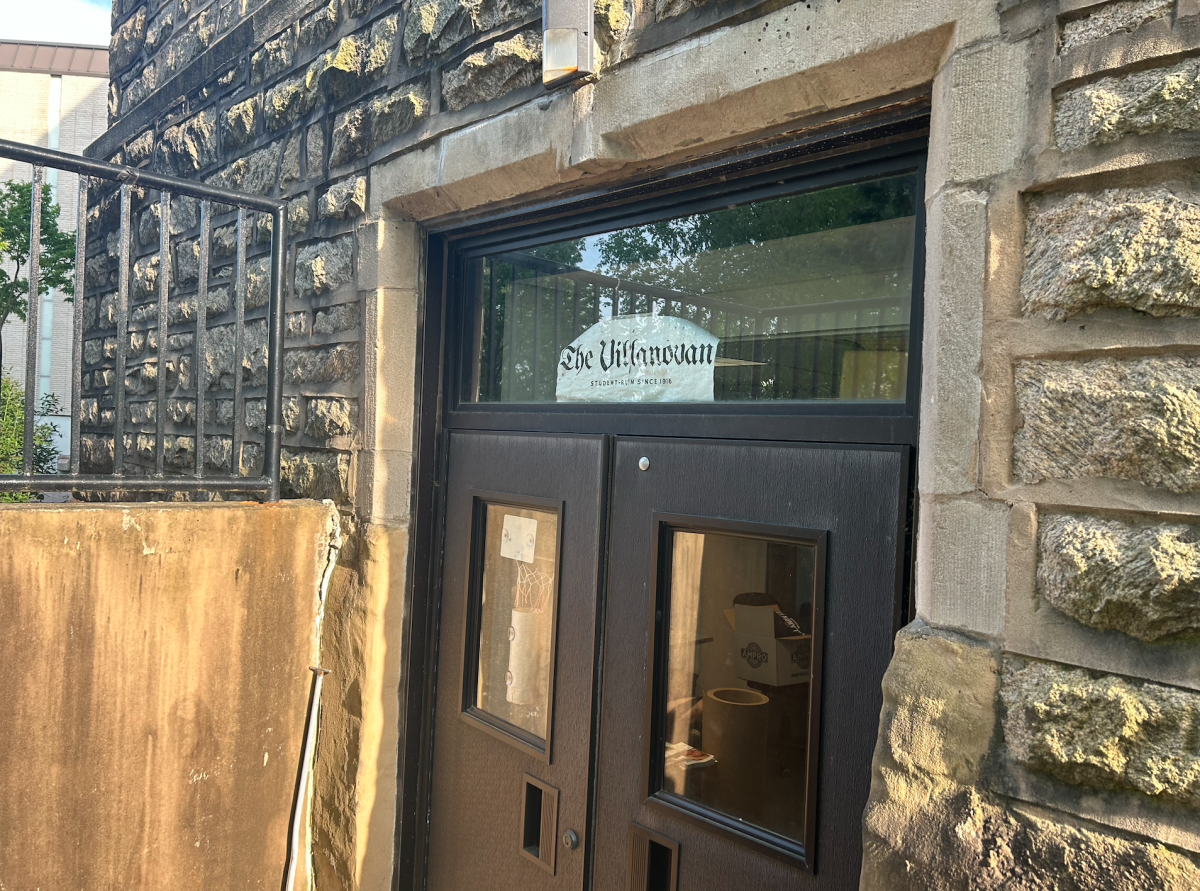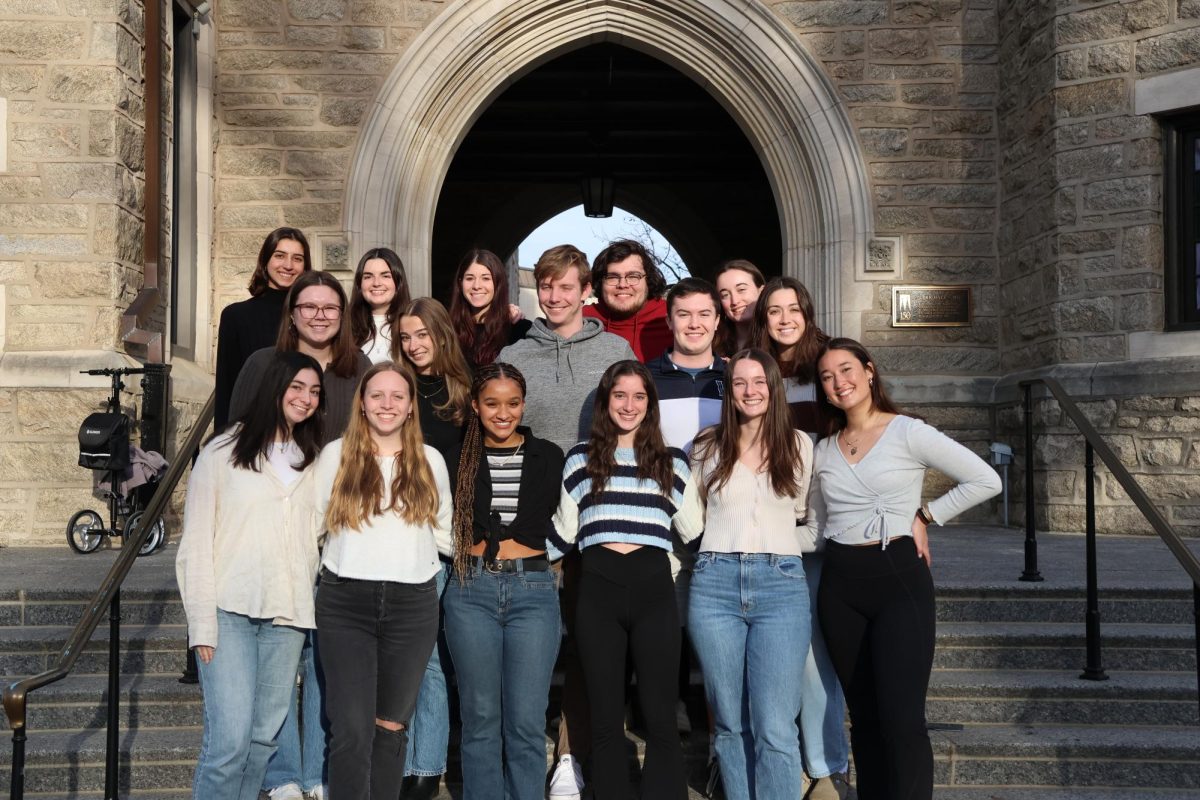Guest opinion submitted by members of the Villanova Armenian Students Organization.
Genocide is defined as the deliberate and systematic destruction of an identity group solely based on their ethnicity, race or nationality. One-hundred-and-eight years after the Armenian Genocide, during which 1.5 million Armenians were killed by the Ottoman Turks, Armenians are yet again facing the risk of ethnic cleansing.
In 2020, threats of cultural extermination and regional assault were perpetrated against our Armenian brothers and sisters in Artsakh. As children, our families and community endlessly advocated for official recognition for the Armenian Genocide, which was only granted by President Biden as a mask for his lack of action taken to prevent the current refugee crisis in Artsakh.
Years of genocide denial since 1915 have enabled Azerbaijan to continue this ethnic cleansing in the 21st century. When history is unrecognized, it repeats itself, and this is what has happened in Artsakh from 2020 to today’s refugee crisis.
In the past three years, Artsakh, the autonomous region that 120,000 indigenous Armenians call their home, has endured decades of attacks by Azerbaijan. Armenians make up 95% of Artsakh, as it was the 10th province of the Kingdom of Armenia since 189 BC, and Armenians consider Artsakh fundamental to their identity.
The territorial debate goes back to Soviet times, when Stalin placed the region under the Azerbaijani administration in 1921. During its time under Azerbaijani rule, indigenous Armenians endured decades of discriminatory policies. Artsakh officially declared independence in 1992.
In 2020, Azerbaijani forces began to attack Armenia. From thousands of miles away, American Armenians grieved for their brothers and sisters abroad. Among a fierce presidential election and a raging pandemic, nobody’s eyes were on Armenia.
During the 44-day war aimed at the annihilation of ethnic Armenians in 2020, Azerbaijan’s military used cluster munitions, drones, artillery rockets and white phosphorus bombs that scorched forests and burned soldiers and civilians, tactics which amount to war crimes.
A temporary ceasefire that was negotiated by Armenia, Russia and Azerbaijan was signed on Nov. 10, 2020. This did not stop the violence. In December of 2022, the humanitarian crisis continued. The Lachin Corridor, the only area connecting Artsakh to the main state of Armenia, was blockaded. This effectively marooned the vulnerable population of Artsakh and left its innocent citizens without food, medication, hygiene products and other vital necessities.
Pregnant women, children, those with disabilities and older people were at heightened risk at this time. American congressional representatives, senators and U.N. experts called for the restoration of free travel along the Lachin Corridor, but Azerbaijani protestors and military refused to cease their genocidal blockade.
After the 10-month blockade, Azerbaijan launched another attack on Sept. 19, 2023, causing the entire indigenous population to flee their homes. This bore an uncanny resemblance to the brutal genocide of our ancestors 108 years ago. The current military offense is a direct violation of pre-existing ceasefires and has enabled an inhumane restriction of basic human rights for thousands of Artsakh citizens.
Armenians stand unified under the belief that our people deserve a right to their land and that the international community must acknowledge these repeated genocidal attempts.
As of Jan. 1, 2024, the self-declared state of Artsakh will cease to exist. Artsakh’s president signed a decree dissolving the government following military defeat to Azerbaijan on Sept. 28, 2023.
Last week, Secretary of State Anthony Blinken warned that Azerbaijan could soon invade Armenia. This was the aim of the genocidal state of Azerbaijan all along. As you read this, more than 100,000 refugees are fleeing from Artsakh to Armenia.
Why should you care? Although America seems far away from ethnic global conflicts, we are at the heart of it. Last month, an Armenian church in Boston was the victim of a hate crime, with the words “Artsakh is dead” written on its bulletin board. The police department declared this instance as a hate crime. Seeing hate reach the doors of where we call home was a wakeup call for thousands of Armenian Americans fighting for justice.
The United States has funded the Azerbaijani military and continues international relations with the state. It is time for America and the international community to wake up. One tweet is not enough, as real change takes tangible political action. We are calling on our political representatives to truly uphold the values of democracy and human rights that America advocates for.
Villanova is home to a sizable Armenian community, and Philadelphia is home to a large Armenian-American population. Villanova prides itself as a Catholic University, emphasizing Augustinian tradition and the values of truth, unity and love but has yet to demonstrate solidarity. One sentence in an email is not enough. With the privilege of studying at an academically prestigious institution, we have the means to learn
We have the means to advocate. We have the means to uphold our community values of truth, unity and love. And without solidarity, those values ring hollow.
As Armenian women and the granddaughters of Armenian genocide survivors, the Armenian fight for justice is especially close to our hearts and is underrepresented within the scope of international relations.
The Armenian fight for justice is not an isolated cause, but if the lack of action continues, it will exist as a reminder demonstrating the risk of overlooking global conflicts affecting ethnic minorities.







Steve Odabashian • Oct 28, 2023 at 11:13 pm
Great article. As an Armenian Villanova Law Alum (Class of 1995) and husband of a proud Armenian Villanova Alum (Class of 2000) I am proud of you girls and your organization. Keep up the fight!